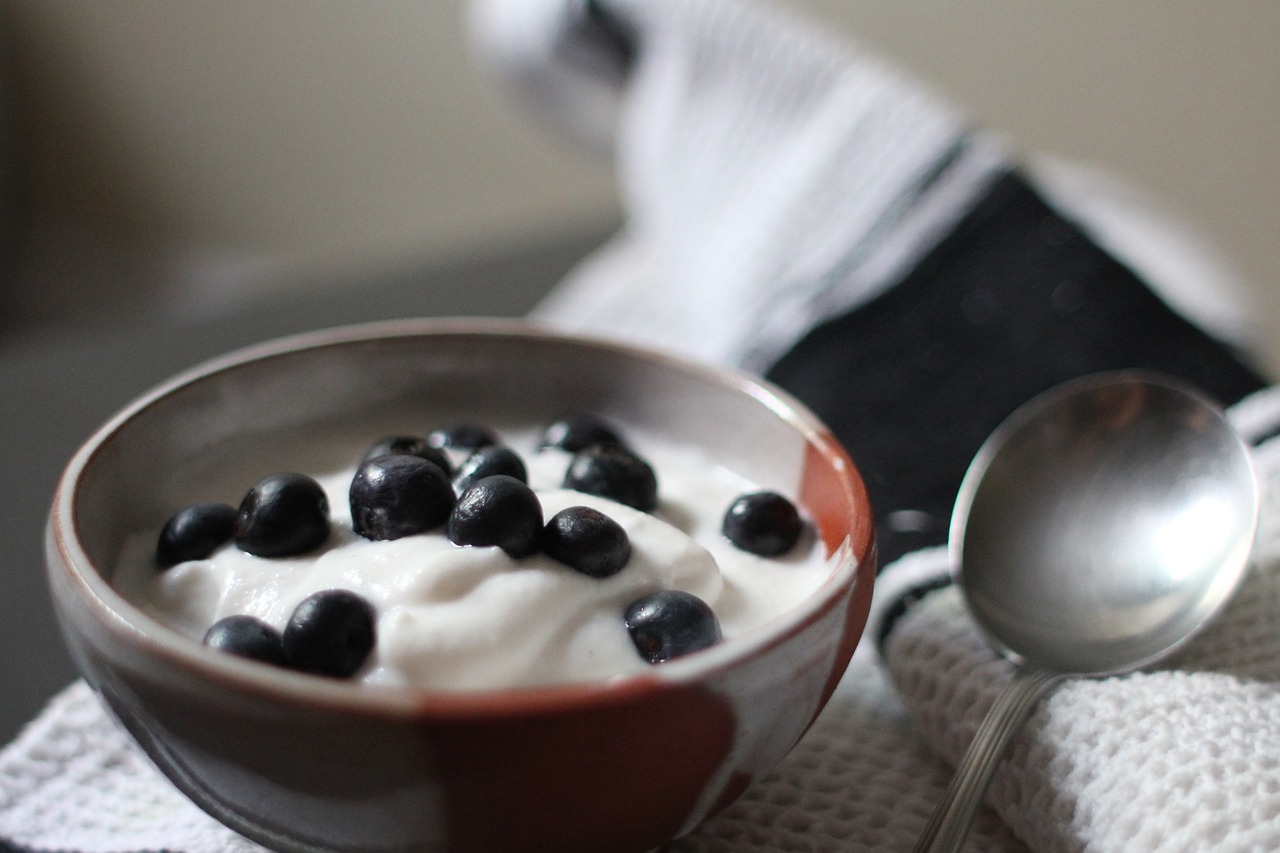Since the 1980s, there has been a growing interest in probiotics. Most people have a vague idea that it is good to get more probiotics in their system, but most do not really know what probiotics are or what probiotics do. You can find out everything you need to know about probiotics by reading this article. It will share details about how probiotics work and let you know what you can do to get more probiotics in your diet.
What Are Probiotics?
A probiotic is essentially a living microorganism like bacteria or yeast. Instead of causing problems in the body as germs do, probiotics are helpful. They work alongside the body to help it carry out daily processes. The majority of probiotics in the human body live in the digestive tract and help the body to break down food into nutrients that can be easily absorbed.
Basically any type of living microbe that helps the body instead of harming it can count as a probiotic. There are too many probiotic strains to list them all, but here are a few of the most common types:
Lactobacillus
Bifidobacterium
Saccharomyces boulardii
- acidophilus
- reuteri
- lactis
- longum
- breve
- animalis
The Benefits of Probiotics
A strain of microorganisms cannot count as a probiotic unless they provide some assistance. Almost all probiotics provide some kind of helpful support in the gastrointestinal system. Researchers are finding that having probiotics in your system to help you out can ease a wide range of problems, from allergies to irritable bowel syndrome. There are many different kinds of probiotics, so it’s important to know which is best for you and your family! Here are a few of the many ways that probiotics can benefit the body.
Solve Digestive Complaints
The primary use for probiotics is keeping the gastrointestinal system functioning properly. Getting enough probiotics can help to ease gas, bloating, and stomach cramping after eating. Probiotics also assist in bowel regularity, so they can contribute to fixing issues with both constipation and diarrhea. Probiotics are particularly helpful after taking antibiotics because adding probiotics to the diet will replace gut flora that was removed by the antibiotics.
Improve Vitamin Absorption
Several studies have found that humans who add probiotics to their diet may be better able to synthesize and absorb certain types of vitamins. The probiotics help by breaking food down into smaller molecules that can more easily be absorbed during digestion. Probiotic supplementation can therefore be beneficial in cases where a person has a vitamin deficiency even though they are eating adequate amounts of vitamins. Probiotics seem particularly helpful at boosting vitamin K, folic acid, and vitamin B12 absorption.
Protect the Body From Certain Allergens
Probiotics can assist the body in certain types of allergic reactions and intolerances. Probiotics work to prevent allergies by helping to digest various allergens before they cause issues in the body. For example, a person with lactose intolerance can take certain probiotic strains to help their body process lactose effectively. They can also assist in the prevention, reduction, and removal of sinus infections. They seem particularly helpful at preventing allergy based eczema. This is a type of unpleasant rash that occurs in some people with allergies, but taking probiotic supplements can reduce the risk of getting an eczema outbreak after encountering allergens.
Reduce IBD and IBS Symptoms
Probiotics are particularly crucial for people with inflammatory bowel disease or irritable bowel syndrome. Any condition that causes chronic bowel pain and malfunction may benefit from probiotics. They can help to reduce pain, intestinal bleeding, and ulcer formation in many patients.
Lower Cholesterol Levels
High cholesterol can clog the bloodstreams, and harden inside arteries, ultimately resulting in heart attacks, or strokes, and other issues. Lactic acid bacteria strains of probiotics break down bile in the gut after people eat foods that turn into cholesterol. This allows the body to pass cholesterol out as a waste product instead of absorbing cholesterol. The end result is lower levels of problematic LDL cholesterol overall.
How Can You Add More Probiotics to Your Diet?
There are many ways to add probiotics to your diet. Keep in mind that you may want to talk to your doctor before you start adding probiotics to find the right dosage and make sure they do not interact poorly with any health conditions you might have. Most people who get probiotics will do so through fermented foods or supplements.
Probiotics can be found in almost any fermented product that contains live cultures. The most common ways to get probiotics are from yogurt and sauerkraut. They can also be found in most fermented cheeses, including Cheddar, Swiss, Gouda, and Parmesan. Other products that contain probiotics include miso paste, pickles, kombucha tea, kimchi, and tempeh. If you are looking to add more probiotics to your diet, read the label carefully to ensure it contains live cultures.
Those who do not want to bother with eating probiotics from normal foods can get probiotics with a supplement. Keep in mind that not all probiotic supplements are equal. Research the product to find one with live cultures that will remain alive until the expiration date. Check to see how many CFUs are in the product. This stands for colony forming units, and it ensures that the supplement has enough bacteria to form a proper colony. Probiotics are more effective when you take multiple strains at once, so it is best to go with a supplement that contains several types.
In Conclusion
As you can see, probiotics help the body in a variety of ways. In addition to making daily digestion easier, they can also assist with a lot of problems like allergies, vitamin deficiencies, preventing illness and disease, and more. Getting more probiotics in your diet can be quite easy. Even if you do not like fermented foods, you can still get benefits from probiotics by ingesting supplements. By regularly taking probiotics, you can keep your gastrointestinal system happy and healthy.
